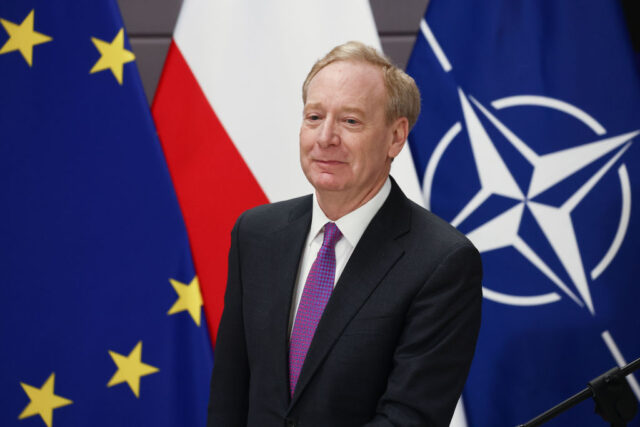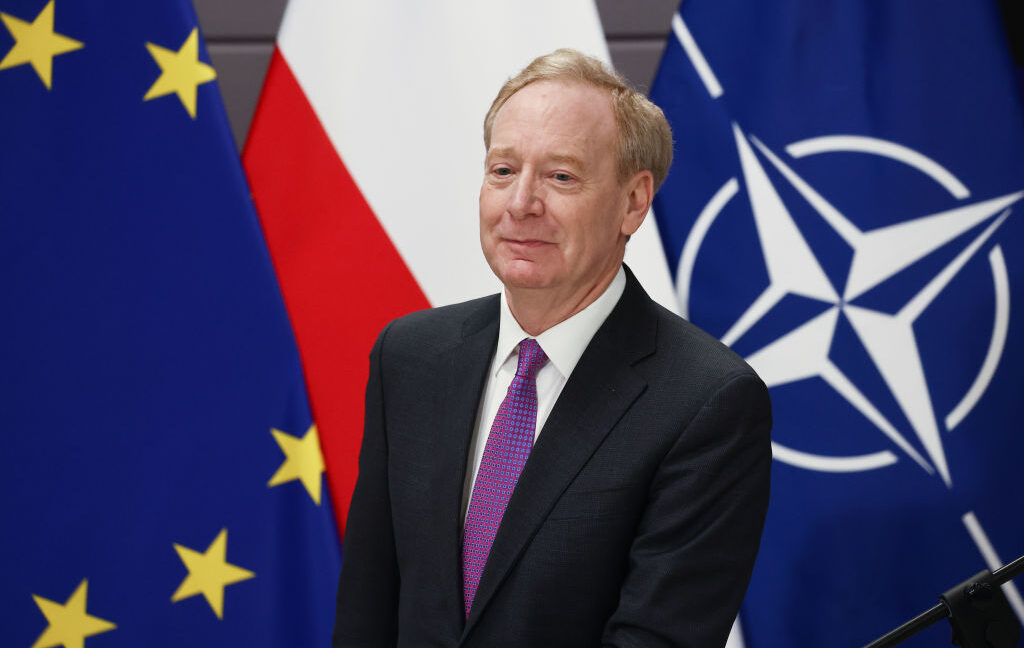Microsoft is pushing the Trump administration to change last-minute export controls implemented by Joe Biden on his way out of office that were largely designed to limit access to advanced AI chips so that less surplus could find its way into the hands of China or other foreign adversaries.
Considered critical for US national security, the AI Diffusion rule divides the world into three tiers. At the top are countries that can access US-made AI chips without restrictions, including key chip ally Taiwan and 17 other countries. Access is completely restricted for about 20 countries in the bottom tier, including China, Russia, and North Korea. But stuck in the middle tier are 150 countries that must endure artificial limits on computing supply chains that are kept at least a generation behind US technology accessible by the top tier.
In a Thursday blog, Microsoft President Brad Smith warned that the rule will hurt US businesses by placing heavy restrictions on some of America's "friends"—including countries like Switzerland, Poland, Greece, Singapore, India, Indonesia, Israel, the UAE, and Saudi Arabia. He cautioned that the rule makes "uncertain" their "ability to buy more American AI chips in the future," and this will inevitably force US allies to seek supply chains outside the US. And "it’s obvious where they will be forced to turn" if Trump doesn't intervene, Smith suggested.
"If left unchanged, the Diffusion Rule will become a gift to China’s rapidly expanding AI sector," Smith wrote.
Trump has until mid-May to revise the rule, and it seems likely that Microsoft's plea won't fall on deaf ears. Sources linked to the Trump administration told The Wall Street Journal that Trump's team is currently fielding industry feedback and "weighing steps to strengthen the restrictions while simplifying the export-control rules," the sources said.



 Loading comments...
Loading comments...
